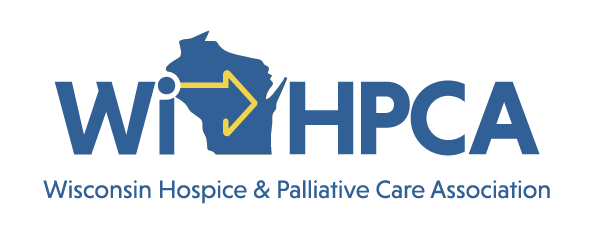By Hoven Consulting – WiHPCA’s lobbying firm
- Fiscal Year 2023-2025 Finalized State Budget Highlights
The following are highlights of the finalized Fiscal Year 2023-2025 state budget, which was signed into law by Governor Tony Evers on July 5, 2023.
Department of Health Services (DHS) – The approved DHS budget increased spending by $3.1 billion overall over the biennium.
- Medicaid/Medical Assistance
- Nursing Home Support Services: Provide $73,200,000 in FY2023-24 and $73,200,000 in FY2024-25 to increase the support services portion of Medical Assistance program reimbursement for nursing homes. Require DHS to establish and implement a priced rate for nursing home support services based on median facility costs, plus 25 percent.
- Nursing Home Ventilator Dependent Rate: Provide $5,000,000 in FY2023-24 and $5,000,000 in FY2024-25 to increase the all-encompassing ventilator-dependent resident reimbursement rate for nursing home care. Require DHS to increase the reimbursement rate under the Medical Assistance program for an authorized facility treating a resident of the facility who has received prior authorization for ventilator-dependent care reimbursed under the all-encompassing ventilator dependent resident reimbursement rate by $200 per patient day.
- Elder and Disability Services
- Aging and Disability Resource Centers (ADRCs): Provide $2,513,700 in FY2023-24 and $5,027,400 in FY2024-25 in funding increases.
- Complex Patient Pilot Program: Provide $5,000,000 in FY2023-24 on a one-time basis to help facilitate the transfer of complex patients from acute care settings, such as hospitals, to post-acute care facilities, such as nursing homes.
- Allied Health Professional Training: Provide $2,500,000 annually to expand allied health professional education and training grants. Expand eligibility for the program to include registered nurses.
- Telemedicine Crisis Response Pilot Program: Provide $2,000,000 in FY2023-24 for a telemedicine crisis response pilot program.
Department of Safety and Professional Services
- Occupational Credentialing
- Software: $3.57 million for occupational credentialing software and related maintenance.
- License Processing Staffing: 7 license processing contract workers (on a four-year employment contract).
- Customer Service Call Center Staffing: 6 license processing-focused customer service call center contract workers (on a two-year employment contract).
- Prescription Drug Monitoring
- $1.1 million for software improvements, electronic health records integration, and licensing costs for the state’s electronic Prescription Drug Monitoring Program (ePDMP).
- WiHPCA Requests Hospice or Palliative Care Provider to be Appointed to DHS Complex Patient Program Advisory Group
On July 17, WiHPCA leadership sent a letter to Wisconsin Department of Health Services (DHS) Secretary-designee Kirsten Johnson requesting that a hospice or palliative care provider be appointed to the advisory group for the new complex patient pilot program. This pilot program, which was funded at $5 million in the recently enacted FY2023-2025 state budget, is focused on successfully transferring patients with complex medical needs from acute care facilities to post-acute care facilities. WiHPCA made this request as hospice and palliative care providers have extensive experience providing post-acute care in community settings, are well acquainted with the nuances associated with caring for those with complex medical needs and are also well-versed in the financial and administrative elements of myriad government programs.
- Improved Finances for State Medicaid Fund
DHS has projected that the state Medicaid fund ended state fiscal year 2023 with a $875.5 million surplus compared to the FY2021-2023 budgeted amount. In addition, the surplus is $79.1 million more than what DHS projected this past spring. This surplus was due to a number of factors, including lower costs for prescription drugs and long-term health care. Once the surplus amount is finalized and confirmed at the end of July 2023, surplus funds will be transferred to the state’s general fund.
- DHS Annual Adjustment to Patient Health Care Record Fees
Each year on July 1, DHS is required by state law to adjust the maximum fees (factoring in the change in the consumer price index) that health care providers may charge for patient medical records. The updated fee schedule may be viewed on the Legislature’s website.
